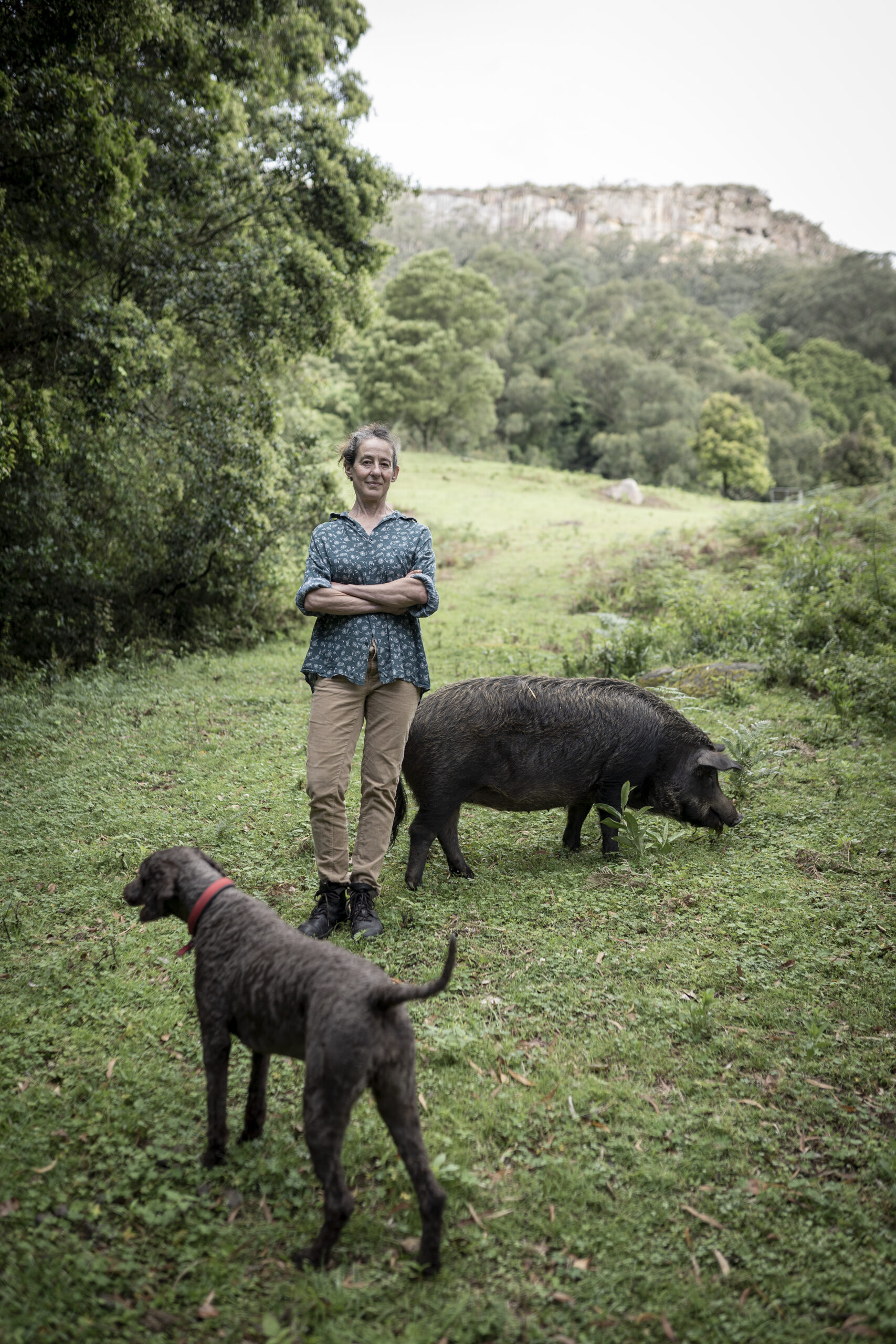The Journal Social Sciences will be publishing a special issue, with the theme of: “We are Best Friends”: Animals in Society, edited by Leslie Irvine. Friendships between humans and non-human animals were once dismissed as sentimental anthropomorphism. After all, who could claim to be friends with a being who did not speak the same language? Animals’ emotions were also questioned. However, decades of research on the emotional and cognitive capacities of animals have made it possible to recognize human-animal friendships as true relationships involving mindedness on both sides. Friendships with animals manifest many of the same characteristics as friendships between humans. Both parties understand the other as having interests, preferences, and other aspects of subjective experience. Both enjoy the shared presence that friendship entails, with its moments of intersubjectivity that comes with knowing another being. Both friends develop ways of communicating, apart from or in addition to spoken language. Having an animal as a best friend often takes the form of companionship understood as the “pet”, but the relationship comes in other forms, too. People who work with animals often characterize their non-human partners as friends. People who work with search-and-rescue dogs, herding dogs, or police dogs develop, and even depend on, the closeness of best friendship. The same holds for equestrians of all sorts, as horses and riders must understand each other’s bodies and movements intimately. In some situations, animals provide the sole source of affection and interaction in people’s lives. Homeless people who live on the streets with animal companions often develop best friendships largely through 24/7 togetherness. In this light, this Special Issue on humans and animals as best friends seeks to explore the various forms these friendships take. Moreover, it aims to shed light on what these friendships mean for society, broadly construed. In short, how do human-animal friendships, and best friendships, in particular, expand the existing interdisciplinary knowledge of the roles of animals in society? The editor encourages researchers from all disciplines and all methodological and theoretical approaches to submit contributions. Deadline for submissions: February 15. Information here: https://www.mdpi.com/journal/socsci/special_issues/Animals_Society

Second Announcement of Keynote Session for AASA Conference 2025!
Our Opening Keynote Session The AASA 2025 conference marks a huge milestone for our Association. We will open the conference

